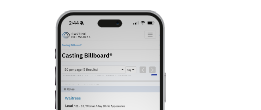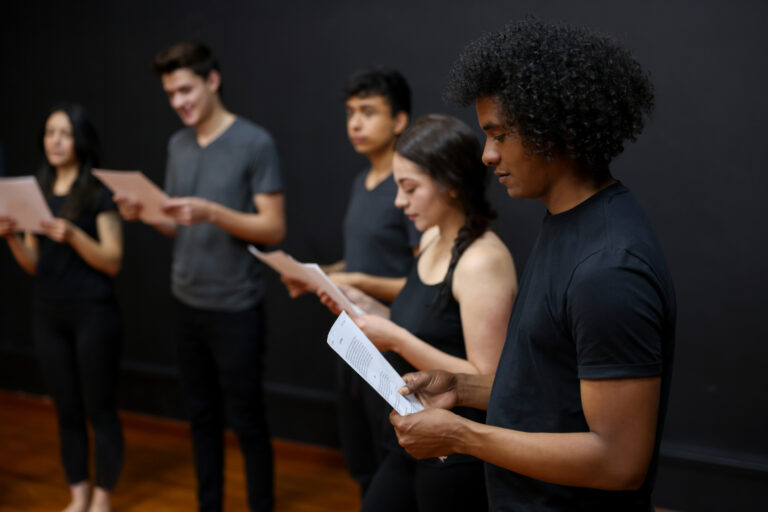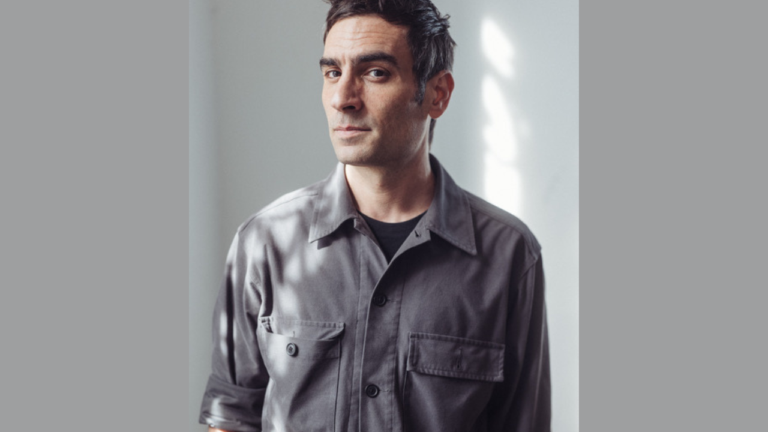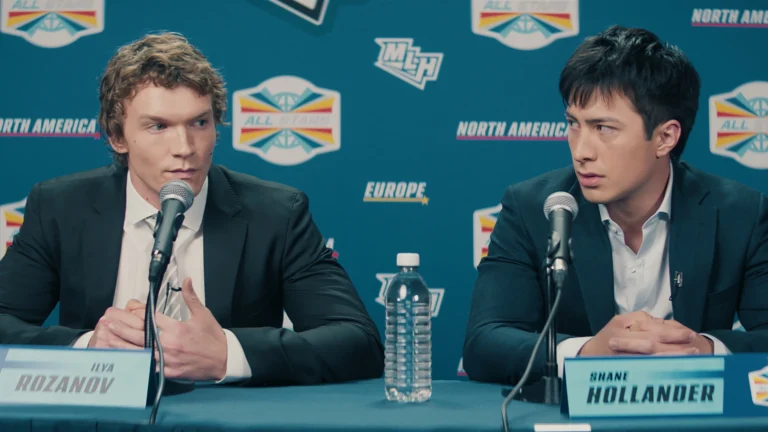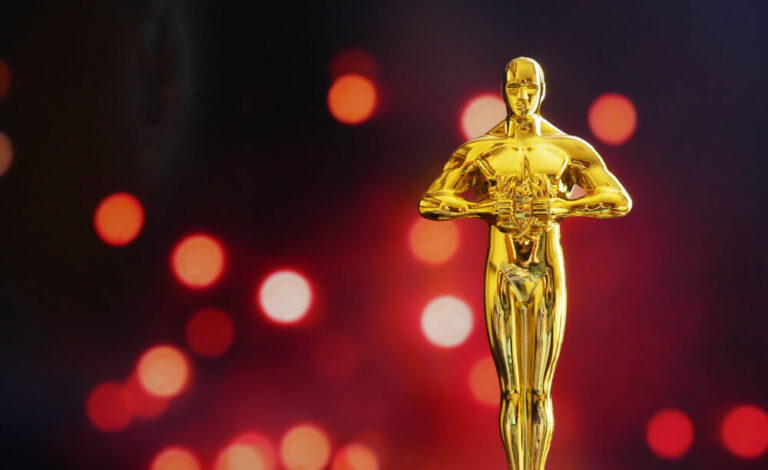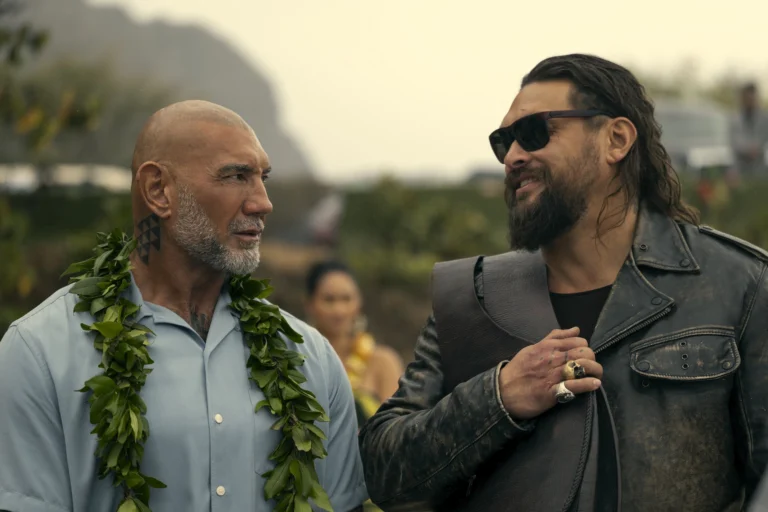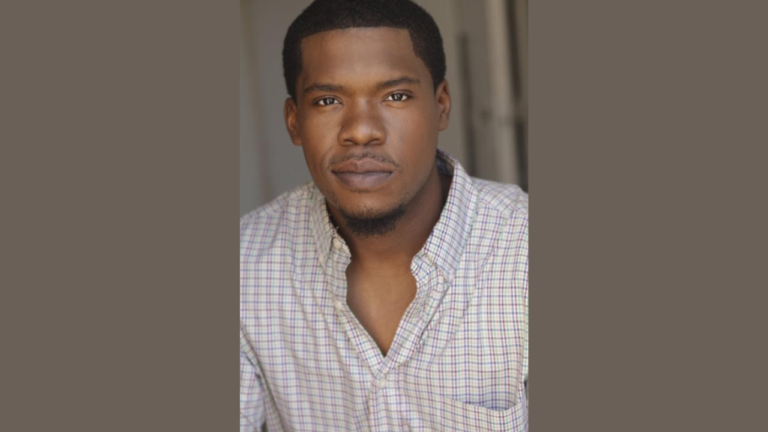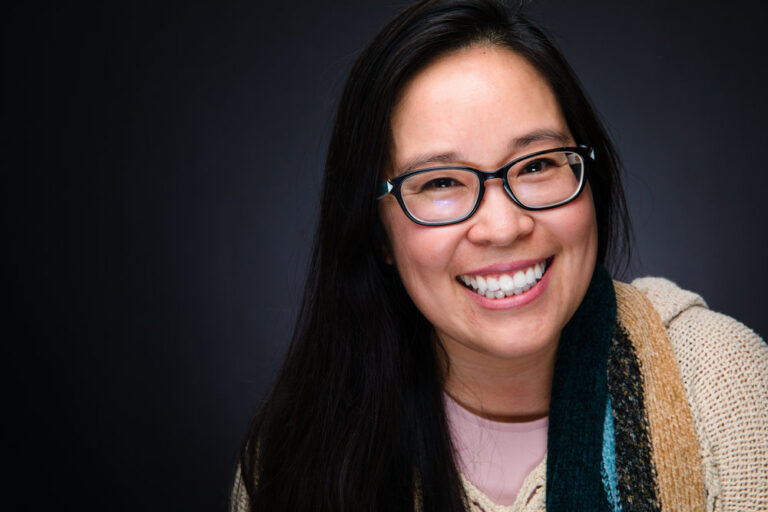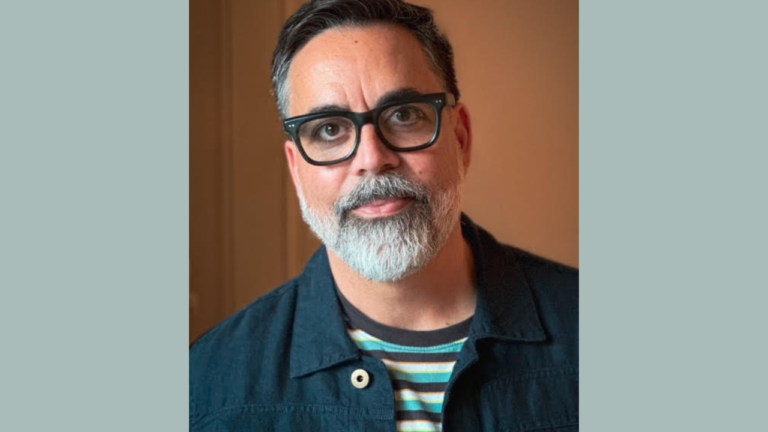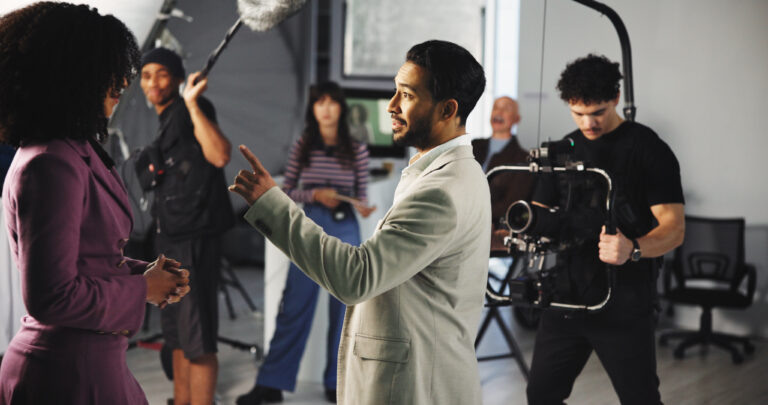If there is a casting director hall of fame, Jane Jenkins would be elected on the first ballot.
Many great films of the last four decades have her name on them, including Jurassic Park, Harry Potter and the Sorcerer’s Stone, Ghost, Air Force One, Hook, The Godfather, Part III, Mrs. Doubtfire, Beetlejuice, Home Alone, Ferris Bueller’s Day Off, and Transformers. If that wasn’t already impressive enough, there are also the dozens of films she cast for Rob Reiner and Ron Howard. Movies like The Princess Bride, Stand By Me, When Harry Met Sally …, Misery, A Few Good Men, The American President, Willow, Apollo 13, A Beautiful Mind, How the Grinch Stole Christmas, and Angels & Demons (again, just a partial list).
Jenkins retired from casting in 2017, but agreed to chat with us about her incredible career. She spoke to us from her home in LA.
Insights From Jane Jenkins
- Actors should thoroughly prepare by reading the entire script before auditions to fully understand their character and relationships.
- Building genuine connections during in-person auditions can reveal qualities that self-taped auditions might miss.
- Be open to small roles or bit parts, as they can lead to bigger opportunities and valuable industry relationships.
How did you start in casting in the first place?
I grew up in New York, and the very first thing that I saw live on Broadway was Mary Martin and Ezio Pinza in South Pacific when I was seven years old. I was just ripe to realize how special that was.
Cut to several years later, I was in summer camp, and we did South Pacific. Although I’m no Mary Martin, I got to be Nellie Forbush, and one of the counselors said, “You should try out for the School of Performing Arts.” I didn’t even know what it was, but when I got back home, I got an audition, and I went to Performing Arts.
Then I went on to study at the HB Studios in New York with Bill Hickey and Charles Nelson Reilly, and I met my first husband in one of those classes. We got married several days after my 20th birthday, which seemed like a good idea (laughs). We honeymooned in Summer Stock with Dustin Hoffman, among other people, when he was just still Dusty Hoffman.
How did you end up in LA?
Several years later, my son was then about two and a half years old, and my then-husband got a part in the road company for The Great White Hope. I got hired to be the dresser for the leading lady. We toured the country, and the show wound up closing in LA because there weren’t enough advanced sales. We stayed in LA, and I worked in various jobs until I got a job working for Jon Peters and Barbra Streisand when they were making A Star Is Born.
What were you doing for Jon and Barbra?
I was Jon’s assistant. And Frank Pierson, who wrote and directed the movie until they took it away from him, asked me to come and work for him on his next movie, called King of the Gypsies.
That was Eric Roberts’ big break, wasn’t it?
Yeah. I had done a great deal of research for Frank on gypsies, to the point of getting invited to an actual gypsy wedding, which was a trip and a half. I felt that all the people that were coming in didn’t have that gypsy quality, because now I’m, you know, an expert on gypsies. (Laughs) And I said, “I could do this.” I felt that, with my acting background and my production background, this could be a really good job for me, instead of making $300 a week for the rest of my life.
Then what happened?
Ralph Waite was an old boyfriend of mine who was doing The Waltons, and I called him up and asked if he could introduce me to the people at Lorimar so I could be somebody’s assistant or secretary or something. He said, “I’ll do you one better. You can cast a movie that I’m producing, directing, and starring in.” I said, “I don’t know how to actually cast a movie. There are Screen Actors Guild rules and contracts. I don’t know anything about that. “He said, “Well, go to the Screen Actors Guild and get the rule book.”
I got the rule book and read it day and night, and I cast this little $1 million movie for Ralph called On the Nickel. While I was working on that, somebody else thought that I was a different Jane who also worked for Frank Pierson. In the lucky serendipity of my entire life, that led to another job, and I just felt that I was in the right place.
What was it about casting that spoke to you?
Doing it fulfilled my love of acting and actors, and I didn’t have to go out to audition because I’d done that a number of times, and disaster. (Laughs) So when I finally did become the casting director, I’ve always been a very empathetic one, and I always approached casting more or less from an actor’s point of view.
All of that always served me really well as a casting director. Also, it was about putting that puzzle together.
I hear that a lot. Casting people are “puzzle people.“
I’m sure I’m not the first one who’s going to tell you this, but one of the most satisfying moments of the whole casting process is, if you’re lucky enough to have a producer and director who do a big table read before they start shooting, when I would see my entire cast sitting around a table and it’s all clicking and working, it’s the cherry on top of the cake. It’s really fabulous.
How did you connect with Rob Reiner and Ron Howard? You didn’t cast all of their movies, but you cast most of them before your retirement.
One of my first casting jobs, I had met with a woman named Jennifer Shull, who was head of Ray Stark casting. I also met with Fred Roos, who was a casting director and then producer. Nobody had a job for me, and I finally got a job at Universal, casting two TV shows that I can barely even remember.
Working in the basement at Universal, casting two shows that I wouldn’t choose to watch on television, was not how I wanted to spend the rest of my life. By then, I was divorced, and had this kid I was supporting. That’s when Jennifer called me on a Wednesday afternoon and said exactly these words, “I know this is really short notice, but do you think you could start working for me on Monday?” Then she ever so apologetically offered me almost twice as much money as I was currently making, saying, “I’m sorry, that’s all I can pay.”
Oh my God, it was more money than I ever saw in my life. I started working for Jennifer, and her assistant was Janet Hirshenson. Jennifer was trying to do three movies at the same time for Ray Stark, and I took over one of them called It’s My Turn, which starred Michael Douglas and Jill Clayburgh. Then Jennifer said, ever so casually, “I got a call from Francis Coppola. Would you be interested in working for him?” I went, Wait, let me think about that. (Laughs) Francis was moving down from San Francisco to start Zoetrope Studios here.
You ended up working with Francis for a while, right?
For as long as the studio survived, we were there, yeah, and then when the studio started collapsing under all the financial pressure, and Jennifer was offered a job at back at Columbia as head of casting, Janet and I struck out on our own.
Ron Howard, who knew Fred very well from Mayberry and all of that, called and said, I’m doing a movie. I need a casting director. Fred said, “Hire Jane and Janet,” so he did. Then somebody in Rob’s office called Fred and said they needed a casting director for a movie called The Sure Thing. Fred said, Hire Jane and Janet. And he did. That’s how I met both of those guys.
Since you mentioned The Sure Thing, can you tell me about hiring John Cusack?
I had met John and his sister Joan on a movie called Grandview, USA. John was in LA just as I was getting started casting The Sure Thing. I told Rob about him, and Rob, for some strange reason, asked me how old he was, and I said, “He’s 17.” He said, “I don’t want to see him. We can’t afford a 17-year-old with a teacher and a welfare worker and all that crap.” I said, “he could be a day player. He could be something else. You have to meet this kid.”
I thought he was a baby Michael Keaton. That’s how I described him. So he came in and he met Rob and read for the part, and Rob said, “Shit, now I have to hire him.” (Laughs) We were very lucky, because he was about to graduate from high school, and the principal gave him an early diploma, so we didn’t need a teacher on the set, and he turned 18 maybe three or four weeks into shooting, so we got rid of the welfare worker, and it all worked out, as they say.
Over the course of the next couple of years, working for those guys and others, there is a long list of actors to whom you gave their first big role.
That period in the 80s, where budgets weren’t bajillions of dollars, you could hire unknown actors, or just working actors.
I think Bruce Willis was the first person who got $5 million [for Die Hard], and I remember thinking, this is the end of the universe as we know it. It was insane, and then there was the pissing contest. “My star is bigger and better than your star,” and everybody had to get in another million dollars and another million dollars.
It was the beginning of the end, because then the budgets went to an actor, not to the production. But back then, you didn’t need big names. On Mystic Pizza, I hired an unknown Julia Roberts, an unknown Vincent D’Onofrio, Annabeth Gish, Lily Taylor. All of the girls got $50,000 because they were the leads, and the boys only got $30,000 or $40,000 because it was the girls’ movie. That may have been the last time that ever happened in show business. (Laughs)
Do you ever stop to think about all the actors whom you helped break?
Yes and no. I mean, they’re not my personal friends, and I’m very happy that I was able to participate in hiring them, and their success led to my getting hired on the next movie. I can’t take credit for their talent. I can only take credit for my perception of their talent and my inevitable wisdom of hiring them.
I always tell the story that George Clooney came in to audition for both Janet and I on a number of projects. We always really liked him a lot, and he never got the job. So, you know, do I take credit because I liked George Clooney way back when, and thought he was really talented, but the opportunity, for whatever reason, nobody ever hired him? It’s strange. He did okay in the end. I’m not worried about George. (Laughs)
What about the list of movies you made? Does it register how successful so many of them are? Or how rewatchable?
Yes, it registers. But you never know. When I saw the rough cut of Princess Bride, I slunk back into my chair at the theater, thinking. I thought it would have some magic to it. I was crushed. Then, when I finally saw the finished product, I said, “Oh, okay. Phew.”
Casting Apollo 13 was pretty chaotic because the roles all had these designations of, say, F1, and not names. I just brought in every good actor that I knew. What was really interesting on Apollo was actors were calling me, saying, “I’m happy to just do a bit part.” They all wanted to go to Mission Control School.
Of all the movies that I’ve ever done, there’s a bunch of the guys who were in mission control on Apollo who, until COVID ended the whole thing, they got together once a week for lunch for years and years. They invited me to a couple of the lunches, and Ron to a couple.
You’ve even had people get married from movies.
Yes! Val Kilmer and Joanne Whaley, and then from Ferris Bueller, Cindy Pickett and Lyman Ward. That’s really good casting. Wouldn’t you say?
Speaking of Ferris Bueller, what was it like working with John Hughes?
It was always a challenge, because he was busy smoking cigarettes and typing away. I mean, he could write a script in a weekend. He was manic in a lot of ways, but casting for him was really trying, to say the least, because he would come in an hour late.
Eventually we caught on and we would say the session was going to start at 2:00, but we would start it at 2:30. That way he was only a half an hour late. (Laughs) Then he would get so rapt with every actor that came in, he would wind up talking to everybody a long time, so all the actors would just be piling up in the front room.
The thing that I loved about John is that he once said to us, “I love working with you guys, because even the Pizza Guy is interesting.” I took that as one of the greatest compliments I’ve ever had. A lot of those small day players, people went on to have careers.
You worked with some of the most important filmmakers ever. Era-defining directors. Rob and Ron and Francis and John, but also Steven Spielberg and Tim Burton and George Lucas, who produced Willow, which Ron directed. That’s a pretty spectacular career.
I never thought of it that way. It just was there, you know? I was appreciative and very grateful, but I never thought of it as spectacular. Both Ron and Rob were celebrities, but they were nose to the grindstone working guys when we all started working together. It wasn’t Ron Howard, the Academy Award winner, or Rob Reiner, the Academy Award Nominee. He was always really pissed that A Few Good Men got nominated, but he didn’t. I mean, who directed it?
Are there any people whose careers you helped break that particularly stand out as favorites?
Julia [Roberts] sticks out. Julia’s an interesting story. I had met Julia a year before Mystic Pizza, when I was casting Willow. She came in to read for the part that Joanne Whaley wound up playing. I really liked her a lot. A year later, I’m in New York casting Mystic Pizza, and I had already seen a whole bunch of girls in LA, and there was just nobody who had that fire, that spark, that Je ne sais quoi.
The agent called me and said, Do you remember Julia? I said, “Yeah, I do.” So she came in to read. She was one of the last people that came in that day, and I could tell that she had just read the script, going “my part, my part, my part.” She didn’t know who she was.
Finally, I said to her, “Julia, did you read the whole script?” She said, “I didn’t have time. I got it really late last night. I said, “Do me a favor. Go home, read the entire script so you know who you’re talking to and what your relationship is with these people, and come back tomorrow.” She came back the next day and nailed it.
I always feel that she’s one of those people that I could have dismissed from that first reading, but I just felt there was a thing there that I don’t know how else to describe (rubs her fingers together), other than rubbing my fingers together, saying there was a thing there.
You retired eight years ago, after casting Rob’s 2017 movie Shock and Awe. Do you miss it?
No. (Laughs) I don’t miss the way casting is done. Now, every actor does a self tape. You don’t bring in people just to meet them for life in general.
There are those meetings where you’re meeting people just to meet them, and they can prove to be really successful because you get to know a person and get to see what their sense of humor is, or whatever. Or, they’ve read for whatever part they come in for, and you go, “There’s another part that I think you’re right for, and you can have them come back and read for the other part that they then get.”
If you’re just watching people on tape reading for the wrong part, you don’t have any sense of who they are. I always say it’s like walking on the beach with your socks on. You never feel the sand between your toes.
One of the last movies that I did for Ron was a movie called The Dilemma. I hired the principal actors here, and we hired some local casting director in Chicago who, because now we had the magic of all this, would send me all the videos of the auditions, and I would say, well, bring this person back and bring that person back. When I went to see the movie, I had no idea who anybody in the cast was.
So you got out at the right time.
I think I did. It was the natural conclusion. Janet and I were two girls who had no college education. I don’t know how we pulled this off. It was one of the great tricks of show business. But we managed to have a really successful career for 40 years, and there was a natural ebb to the whole thing. It worked really well for a really long time.
Final Takeaways
Breaking into acting can feel like a puzzle, but understanding what casting directors truly look for can make all the difference. Jane Jenkins’ experience shows that preparation, patience and personality matter just as much as talent. Here are a few tips inspired by her journey to help you stand out.
- Always read the entire script before your audition so you know your character and relationships inside and out.
- Treat every audition as a chance to connect in person, not just to perform a role. Your presence can set you apart.
- Don’t dismiss small roles or day parts because they can open doors to bigger opportunities down the line.
- Be ready to show your unique spark, even if it means coming back for a second reading after you’ve had time to prepare.
- Remember that casting directors appreciate actors who are reliable, open and easy to work with.
You may also like:
